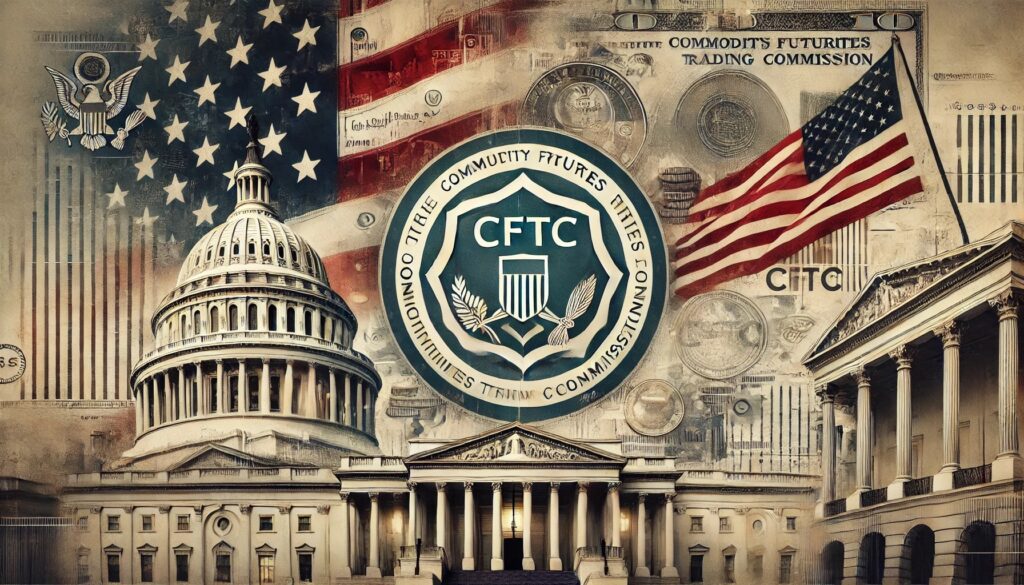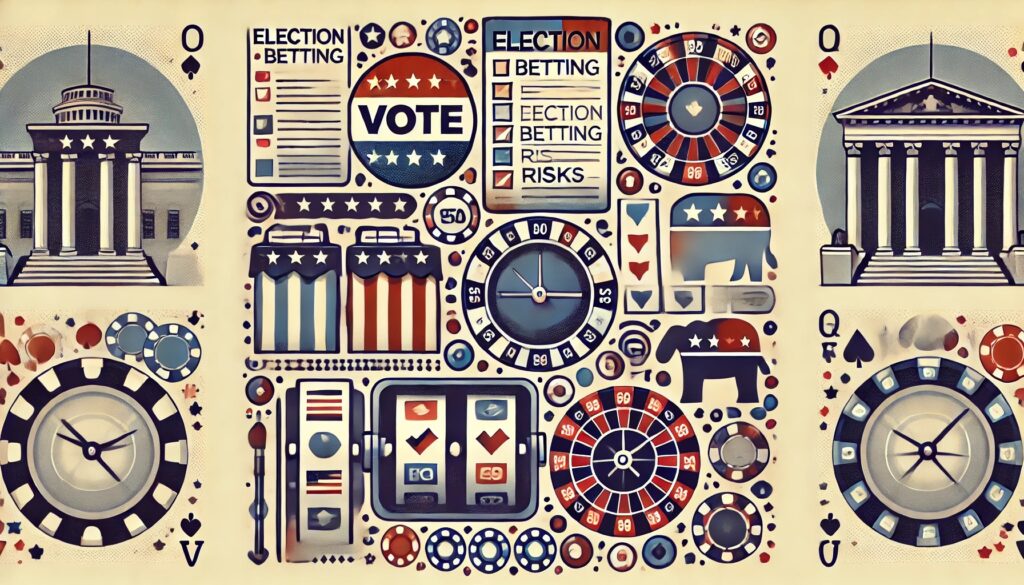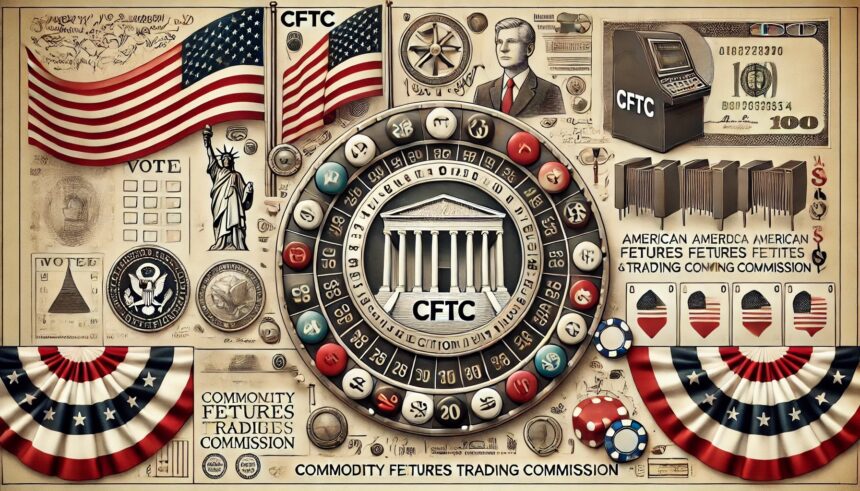The US Commodity Futures Trading Commission (CFTC) recently said in a court filing that they have concerns that prediction markets are very open to “spectacular manipulation.” In a request to stay proceedings involving the U.S. predictions market, Kalshi, this claim was made as part of their case.
In its statement, the CFTC pointed out examples of market manipulation that Kalshi has used as examples for its own business. In particular, the CFTC’s response on September 14 pointed to disturbing behaviours on other platforms.
CFTC’s Legal Challenges and Regulatory Authority Over Election Markets
The document explained how traders who thought Vice President Kamala Harris would win the 2024 U.S. presidential election tried to manipulate Polymarket significantly.
The CFTC also pointed to an event on PredictIt in which a “fake poll” supposedly put artist Kid Rock 30% ahead of Senator Debbie Stabenow in a Senate race, greatly impacting the trading of Stabenow’s reelection contract.

According to Tarek Mansour, the founder of Kalshi, the Commodity Futures Trading Commission did not completely win its first case against the predictions market platform Kalshi on September 6. In a post on X on September 9, Mansour said that the court’s ruling meant that the platform could keep offering markets on U.S. elections.
Kalshi just legalized trading on elections in the U.S.
For the first time in 100 years, Americans will have access to legal election markets at scale.
Historic moment for financial markets. pic.twitter.com/lIvQAPXYNJ
— Tarek Mansour (@mansourtarek_) September 9, 2024
When the CFTC made an emergency motion on September 9, District Court Judge Jia Cobb issued a temporary stay order, which changed the course of events. This order aimed to stop Kalshi from doing business in U.S. election areas.
Even though this was against the law, Mansour said that Kalshi was able to open its first market linked to the U.S. elections on September 12. Still, this start didn’t last long. Hours later, the market was shut down because of a stay order from an appeals court, which made things even more difficult for Kalshi.
Recently, the Commodity Futures Trading Commission (CFTC) responded by endorsing its application for a stay against the predictions market platform Kalshi in a development within the appeals court. Submitted on September 12, this filing followed the CFTC’s notice of appeal.
Despite these legal wriggles, District Court Judge Jia Cobb noted in a September 12 judgment that the CFTC had “exceeded its statutory authority” by requesting that Kalshi stop running elections.
CFTC Dismisses Kalshi’s Concerns
Reacting to the CFTC’s application for a stay on September 13, Kalshi said that such an order would cause the company’s permanent financial loss, particularly given other unregulated platforms’ continued availability of identical betting products.
The CFTC discounted Kalshi’s complaints as “sophomoric” in a filing on the same day. “A pharmacy does not get to dispense cocaine just because it is sold on the black market,” the CFTC said in a striking comparison in their answer.
The commodities regulator also argued that the possible financial gains Kalshi might overlook were negligible compared to the possible consequences of letting more bets on the upcoming presidential contest.

Whether Kalshi’s activities fit as “gaming” under U.S. rules, placing them within the Commodity Futures Trading Commission’s (CFTC) jurisdiction is a fundamental question in the continuous legal conflict between the predictions market platform Kalshi and the commission.
District Court Judge Jia Cobb’s September 6 ruling was very successful for the wider crypto sector. Nick Tomaino, founder of the crypto fund 1confirmation, praised the choice and underlined its relevance for the sector.
“This is fantastic news for everyone who believes that having skin in the game is a fundamental aspect of being American,” Tomaino said at the time, stressing the ruling’s wider consequences for market dynamics and regulatory interaction inside the crypto sector.
The Denouement
The continuous legal conflict between Kalshi and the CFTC emphasizes the difficulty around prediction markets and contracts connected to elections. As this case develops, it emphasizes the difficulties in balancing innovation and consumer protection in regulations, preparing the ground for more investigation of prediction systems and their effect on public confidence.





























